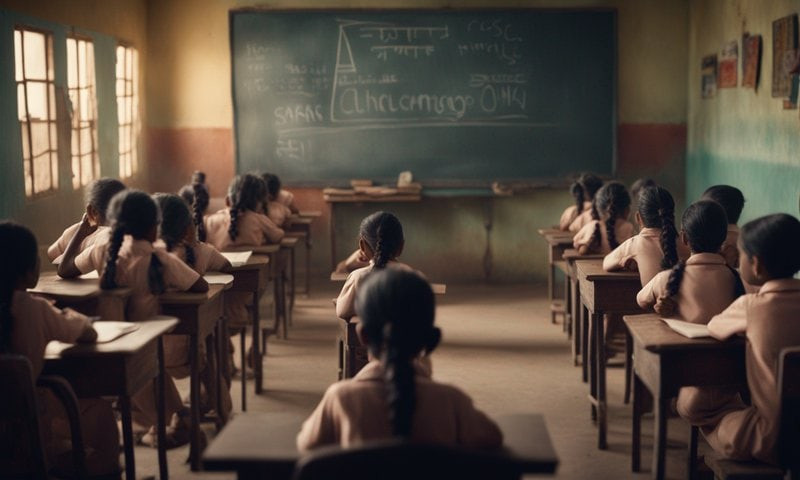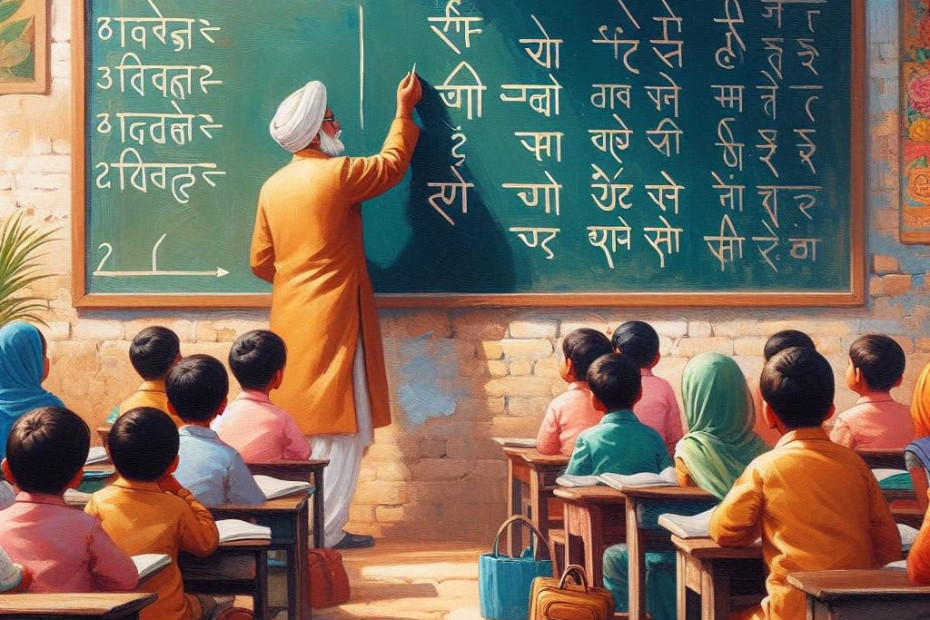International Mother Language Day, also known as Mother Tongue Day, is a global observance that celebrates linguistic and cultural diversity. This day, recognized by the United Nations Educational, Scientific and Cultural Organization (UNESCO), is annually observed on February 21st. It aims to promote multilingualism and raise awareness about the importance of preserving and promoting mother languages.
The Significance of International Mother Language Day
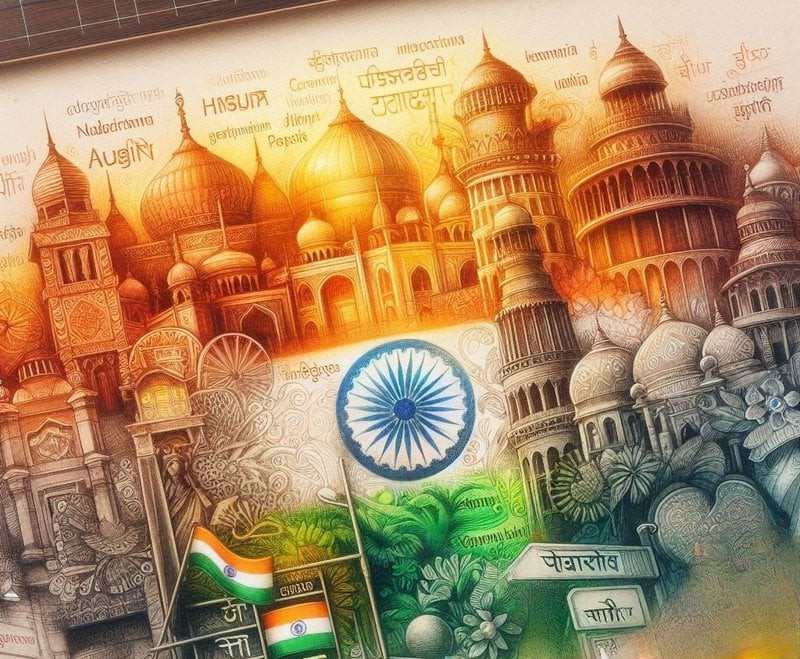
International Mother Language Day holds great significance in acknowledging the role of mother languages in shaping individual identities, cultural heritage, and social cohesion. It emphasizes the importance of linguistic diversity as a fundamental human right.
International Mother Language Day ( largely known as Mother Tongue in Bharat) is celebrated on February 21st.
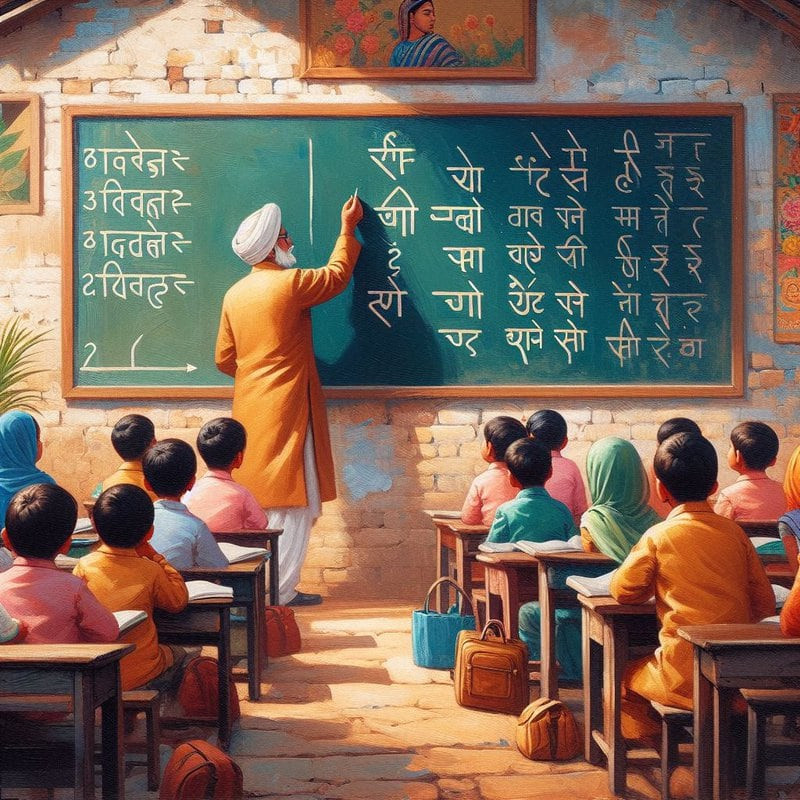
Language plays a crucial role in communication, education, cultural expression, and sustainable development. By celebrating this day, we recognize the value of each language spoken around the world and encourage people to preserve their mother tongues.
Celebration of International Mother Language Day
The celebration of International Mother Language Day varies across different countries and cultures. However, there are some common practices observed globally:
1. Cultural Events and Performances
Many countries organize cultural events, performances, and exhibitions to showcase their diverse linguistic heritage. These events often include traditional music, dance performances, poetry recitations, storytelling sessions in various languages.
2. Language Workshops and Seminars
Educational institutions and organizations conduct language workshops and seminars to promote linguistic diversity among students and educators. These sessions focus on raising awareness about different languages' importance while encouraging language learning.
3. Reading Sessions
Reading sessions are organized where literary works in different languages are shared with the audience. These sessions aim to highlight the richness of various mother tongues through literature.
4. Language Competitions
To engage young learners actively, language competitions such as spelling bees or speech contests are held. These competitions encourage students to explore different languages while enhancing their proficiency in their mother tongue.
Celebration of International Mother Language Day in India
India, with its diverse linguistic landscape, celebrates International Mother Language Day with great enthusiasm. Here are some ways in which this day is celebrated in India:
1. Language Festivals
Various states and regions of India organize language festivals where cultural programs, exhibitions, and discussions take place to promote linguistic diversity. These festivals provide a platform for people to showcase their language's richness through performances and interactive sessions.
2. Language Parades
In some parts of India, language parades are organized where people dress up in traditional attire representing their respective languages. These parades feature colorful processions with cultural displays and performances.
3. Language Awards and Recognitions
To honor individuals or organizations that have made significant contributions to the preservation and promotion of mother languages, awards and recognitions are conferred on International Mother Language Day.
4. Language Learning Initiatives
Educational institutions often conduct language learning initiatives on this day to encourage students to explore different Indian languages apart from their mother tongue. It helps foster a sense of appreciation for linguistic diversity among the younger generation.
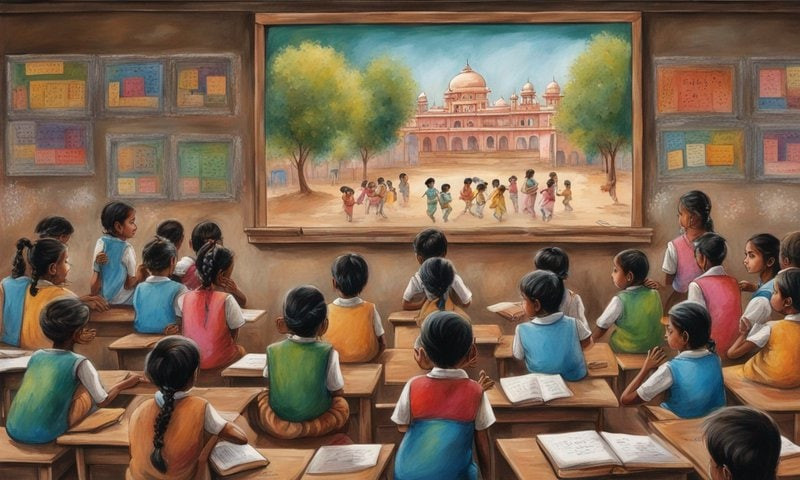
Conclusion
International Mother Language Day serves as a reminder of the importance of preserving and promoting linguistic diversity worldwide. By celebrating this day, we acknowledge the significance of mother tongues in shaping our identities, cultures, and societies.
In India, the celebration of International Mother Language Day reflects the country's rich linguistic heritage and promotes an inclusive society where every language is respected and cherished. Through various events and initiatives, people come together to celebrate their mother tongues while fostering a sense of unity amidst diversity.
So let us embrace our mother languages, learn from each other's linguistic traditions, and celebrate the beauty of multilingualism on International Mother Language Day!
Important links and resources
- UNESCO's International Mother Language Day page
- United Nations' International Mother Language Day page
- Language and Cultural Diversity in India
- Indian Ministry of Culture – Languages Division
